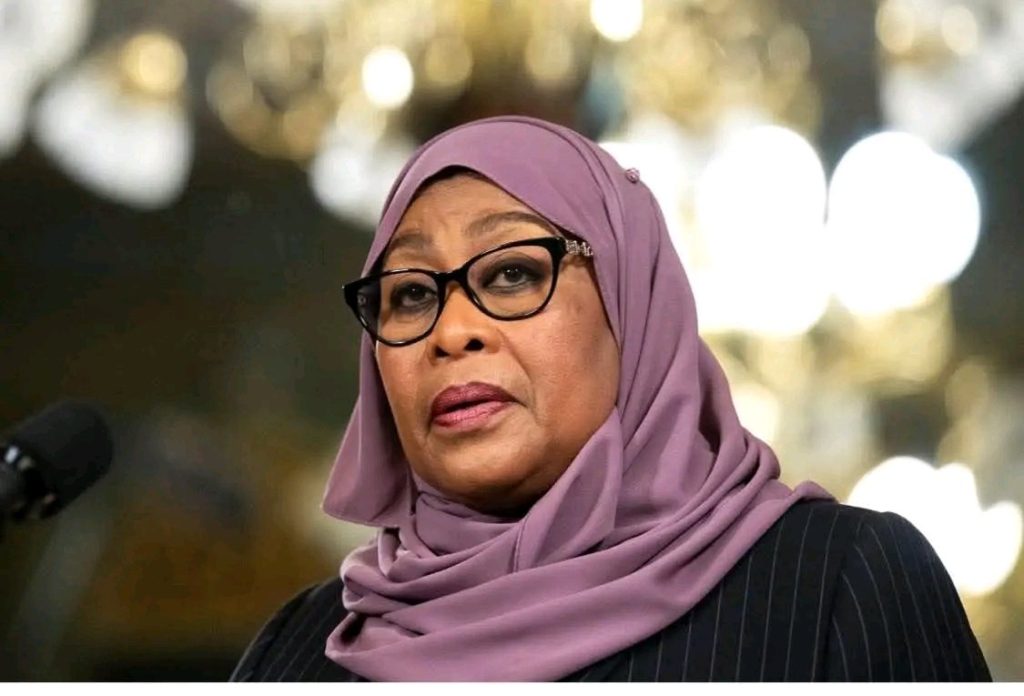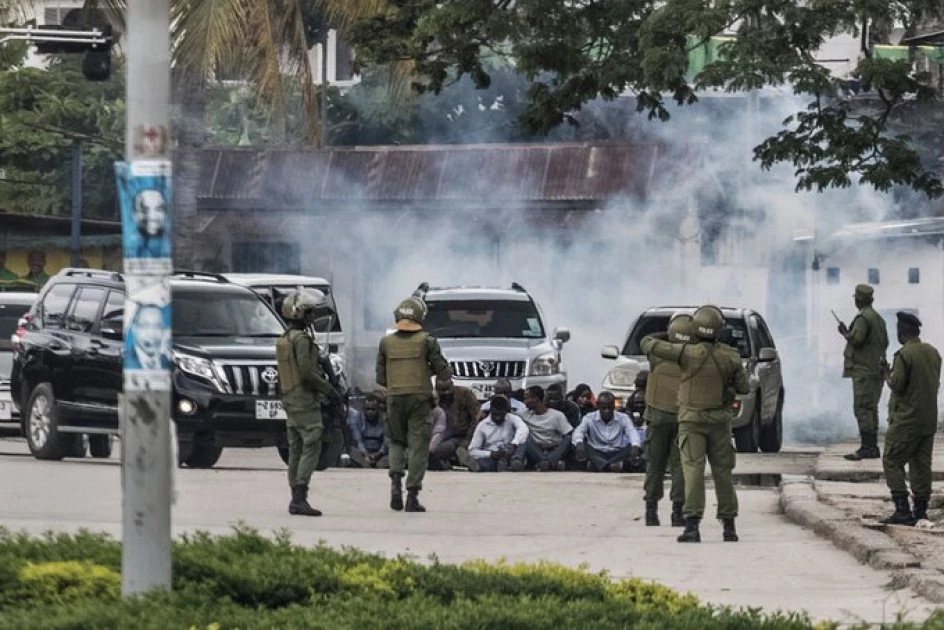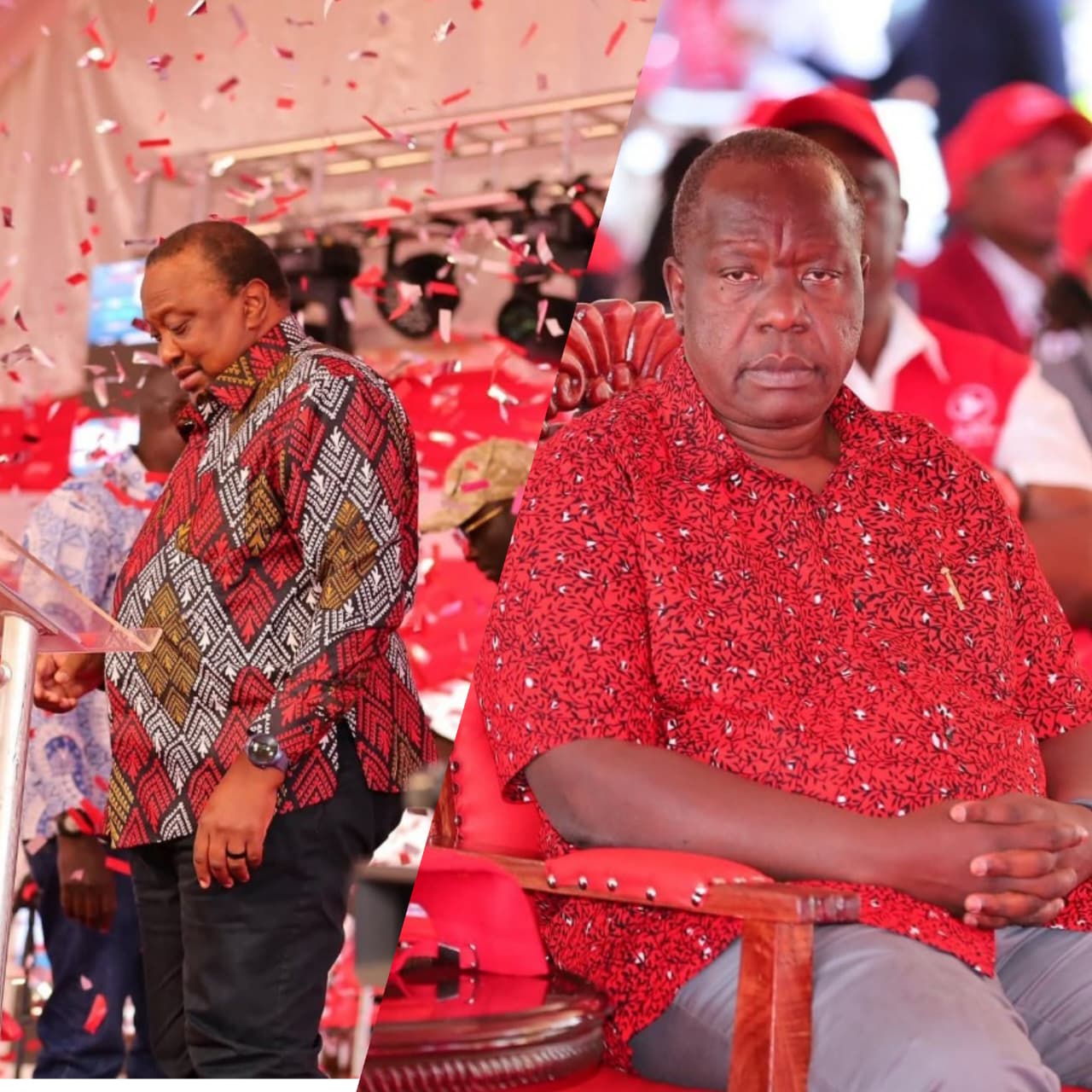Inside Samia Suluhu Hassan’s Ruthless Grip on Tanzania

President Samia Suluhu Hassan, once seen as a soft-spoken reformer, now faces accusations of overseeing a wave of repression across Tanzania. As she seeks re-election, critics say her leadership has been marked by fear, intimidation, and political crackdowns that have silenced opponents and shattered hopes for a more open democracy.
Born in Zanzibar in 1960, Hassan’s rise from a government clerk to Tanzania’s first female president was historic. Her early years in politics began in 2000 when she joined Zanzibar’s House of Representatives before moving to national politics as a minister under former President Jakaya Kikwete. Her calm, composed tone and measured delivery sharply contrasted with the fiery approach of her predecessor, John Magufuli. Yet, behind her quiet demeanor, analysts now see a leader determined to consolidate power at all costs.
How did Tanzania’s democracy fall under tight control?
When Hassan assumed power in 2021 after Magufuli’s sudden death, she was initially praised for lifting bans on opposition rallies and restoring media freedom. Many believed she would steer Tanzania toward greater political tolerance. However, those reforms quickly faded. Amnesty International has since described a “wave of terror” involving “enforced disappearances, arbitrary arrests, torture and… extrajudicial killings” in the run-up to elections.
A former advisor, speaking anonymously, claimed Hassan believes her iron-fisted approach is “necessary to cement her rule in a patriarchal society.” They revealed that after Magufuli’s death, she inherited a deeply divided and misogynistic government filled with loyalists of the late president. “She knew that the government she inherited was deeply against her and deeply misogynist… so she couldn’t trust anyone. There was a lot of paranoia,” the former advisor added.
What drives Hassan’s political survival?
Analysts suggest Hassan’s every move stems from a desire to secure legitimacy within a male-dominated power structure. By sidelining rivals and tightening her control, she has eliminated dissent both within her Chama Cha Mapinduzi (CCM) party and beyond. The strategy, though ruthless, has kept her in command.
Despite criticism, Hassan remains unapologetic about her leadership style. “I may look polite, and do not shout when speaking, but the most important thing is that everyone understands what I say and things get done as I say,” she declared in a 2020 speech.
Her words now echo across a country where fear, silence, and survival define the political landscape, one shaped by a president whose quiet tone hides a firm and unforgiving rule.
By Yockshard Enyendi










